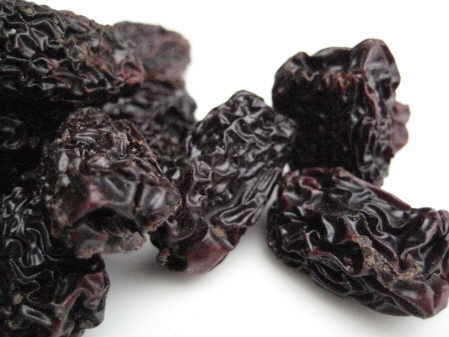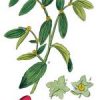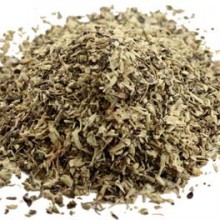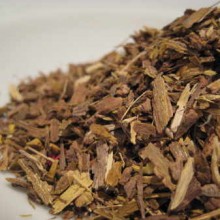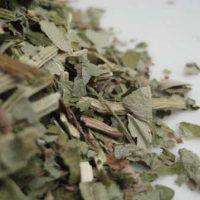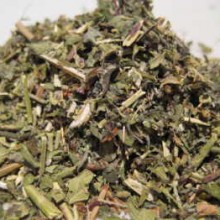Ziziphus jujuba or the Chinese Date is also called Jujube, Jujuba, Red Date, Korean Date, or Indian Date belongs to the Buckthorn family and is principally grown as an ornamental shade tree that just happens to bear fruit.
The fruit is an edible oval drupe and when immature it is smooth-green, with the consistency and taste of an apple which matures into a brown or purplish-black and eventually ends up wrinkled which looks like a date.There is a single hard seed.
Traditional Medicinal Uses for Chinese Date:-
The fruit and its seeds are used in Chinese and Korean traditional medicine where they are believed to help deal with stress, and traditionally for anti-fungal, anti-bacterial, anti-ulcerative, anti-inflammatory purposes and as a sedative hypotensive and antinephritic, cardiotonic, antioxidant, immunostimulant, and wound healing.
They are a gentle laxative and used in combination with other herbal concoctions and because they are demulcent they are used to treat colds, flu and coughing being soothing especially for a sore throat.
Zizyphin is a compound found in the leaves of the Chinese Date which suppresses the ability to perceive sweet taste.
Traditional Culinary Uses for Chinese Date:-
The freshly harvested, as well as the candied dried fruit are often eaten as a snack, or with coffee.
Smoked jujubes are eaten in Vietnam and are referred to as black jujubes
Both China and Korea produce a sweetened tea syrup containing jujube fruit in glass jars, and canned jujube tea or jujube tea in the form of teabags. To a lesser extent, jujube fruit is made into juice and jujube vinegar. They are used for making pickles and chutney in west Bengal and Bangladesh. In China, a wine made from jujube fruit is called Hong Zao Jiu.
In Croatia, especially Dalmatia jujubes are used in marmalades, juices, and a kind of fruit brandy called Rakija.
In Middle Eastern countries, the fruit is eaten as a snack or alongside a dessert after a meal.
Traditionally in India, the fruit is dried in the sun and the hard nuts are removed. Then, it is pounded with tamarind, chilli, salt and jaggery to make small cakes.
In Madagascar, jujube fruit is eaten fresh or dried. People also use it to make jam. A jujube honey is produced in the Moroccan Atlas.
Italy has an alcoholic syrup made from them called Brodo di Giuggiole

